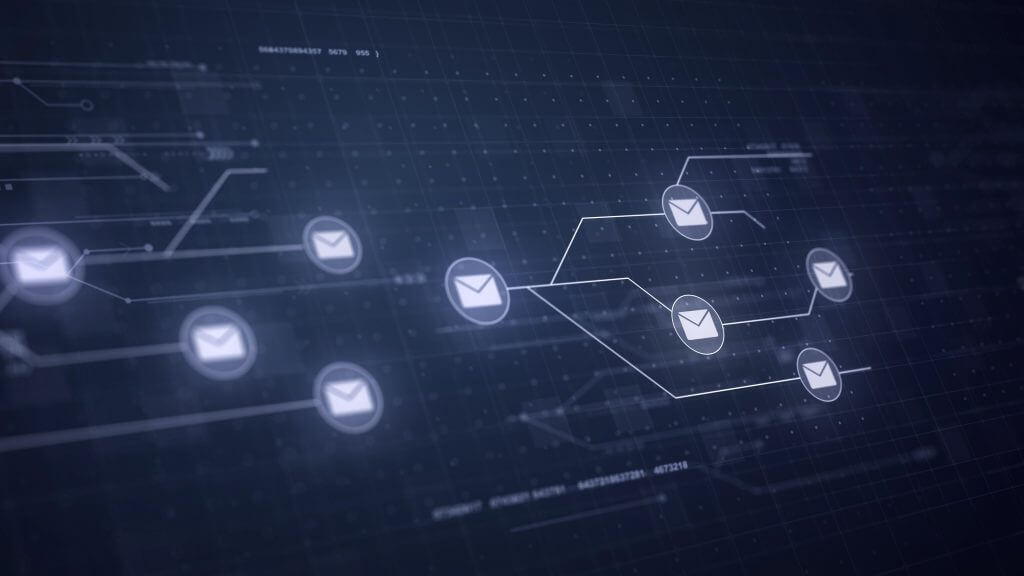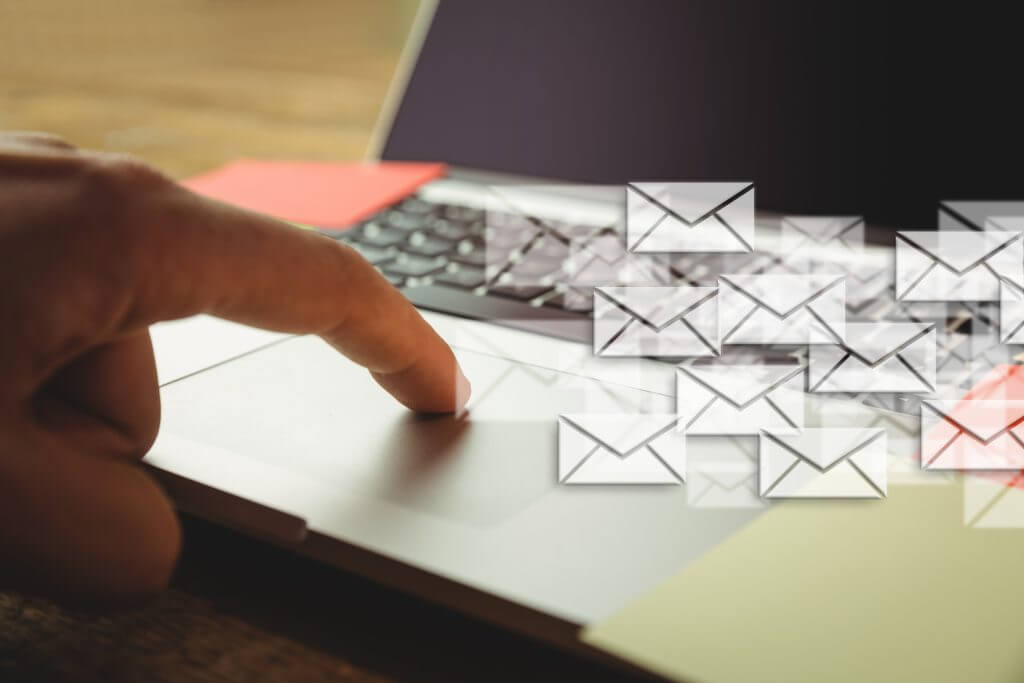In today’s digital age, where social media and other online platforms dominate marketing conversations, email marketing remains a steadfast and highly effective tool for businesses of all sizes. With its unparalleled ability to deliver personalized messages directly to a targeted audience, email marketing continues to drive engagement, nurture leads, and generate revenue. In this article, we’ll explore the strategies for unlocking the power of email marketing and achieving success in your campaigns.
Build a Quality Email List:

The foundation of any successful email marketing campaign is a high-quality email list. Start by collecting email addresses from your website visitors through opt-in forms, pop-ups, or gated content. Encourage sign-ups by offering incentives such as exclusive discounts, free resources, or access to special promotions. Remember to obtain explicit consent from subscribers and ensure compliance with data protection regulations like GDPR.
Segment Your Audience:
Segmentation is key to delivering personalized and relevant content to your subscribers. Divide your email list into smaller segments based on factors such as demographics, interests, purchase history, or engagement level. This allows you to tailor your messaging and offers to specific audience segments, increasing the likelihood of engagement and conversion.
Craft Compelling Content:

Content is king in email marketing. Whether you’re sending promotional emails, newsletters, or automated drip campaigns, focus on creating compelling content that resonates with your audience. Use attention-grabbing subject lines to entice subscribers to open your emails, and provide valuable, informative, or entertaining content that keeps them engaged. Experiment with different content formats such as blog posts, videos, or infographics to keep your emails fresh and engaging.
Design Engaging Email Templates:
The design of your email templates plays a crucial role in capturing the attention of your subscribers and conveying your brand’s personality. Use eye-catching visuals, including images, graphics, and colors, to make your emails visually appealing. Keep your layout clean and organized, with clear calls-to-action that prompt subscribers to take the desired action, whether it’s making a purchase, signing up for an event, or downloading a resource.
Personalize Your Emails:
Personalization is key to building rapport with your subscribers and driving engagement. Use merge tags to insert subscribers’ names and other personalized information into your emails, creating a sense of individualized communication. Leverage dynamic content blocks to tailor your emails based on subscriber preferences or past interactions, delivering highly relevant content that resonates with each recipient.
Automate Your Email Campaigns:
Automation is a powerful tool for streamlining your email marketing efforts and delivering timely, relevant messages to your subscribers. Set up automated email campaigns such as welcome emails, abandoned cart reminders, or post-purchase follow-ups to nurture leads and drive conversions. Use triggers such as user actions or time-based intervals to send the right message to the right person at the right time, without manual intervention.
Measure and Analyze Results:
As with any marketing strategy, it’s essential to track and measure the performance of your email campaigns to understand what’s working and what can be improved. Monitor key metrics such as open rates, click-through rates, conversion rates, and unsubscribe rates to gauge the effectiveness of your emails. Use A/B testing to experiment with different elements of your emails, such as subject lines, content, or send times, and optimize your campaigns based on the results.
Conclusion:
Email marketing remains a powerful and cost-effective tool for businesses looking to connect with their audience, drive engagement, and ultimately, achieve their business goals. By following these strategies for unlocking the power of email marketing, you can build a strong foundation for success and harness the full potential of this versatile marketing channel.
For businesses seeking expert guidance and support in maximizing their email marketing efforts, partnering with Digfinity, a leading digital marketing agency, can be instrumental. With a team of experienced professionals well-versed in email marketing strategies and best practices, Digfinity can provide the expertise and support needed to create and execute successful email campaigns.
By incorporating these strategies and leveraging the expertise of Digfinity, businesses can unlock the full potential of email marketing and drive growth and success for their business. With the right strategies and the support of a trusted partner like Digfinity, businesses can connect with their audience on a deeper level, nurture leads, and generate revenue through effective email marketing campaigns.
FAQs:
Q1: What is email marketing?
A1: Email marketing is a digital marketing strategy that involves sending promotional messages or content to a targeted audience via email.
Q2: Why is email marketing important for businesses?
A2: Email marketing allows businesses to connect with their audience in a direct and personalized way, nurture leads, drive engagement, and ultimately, generate revenue.
Q3: How can businesses build an email list?
A3: Businesses can build an email list by collecting email addresses through opt-in forms on their website, social media channels, events, or through incentives such as discounts or free resources.
Q4: What types of emails can businesses send?
A4: Businesses can send a variety of emails, including promotional emails, newsletters, transactional emails, welcome emails, abandoned cart reminders, and post-purchase follow-ups.
Q5: How can businesses measure the success of their email marketing campaigns?
A5: Businesses can measure the success of their email marketing campaigns by tracking key metrics such as open rates, click-through rates, conversion rates, and unsubscribe rates. Additionally, A/B testing can be used to experiment with different elements of the emails and optimize campaign performance.



